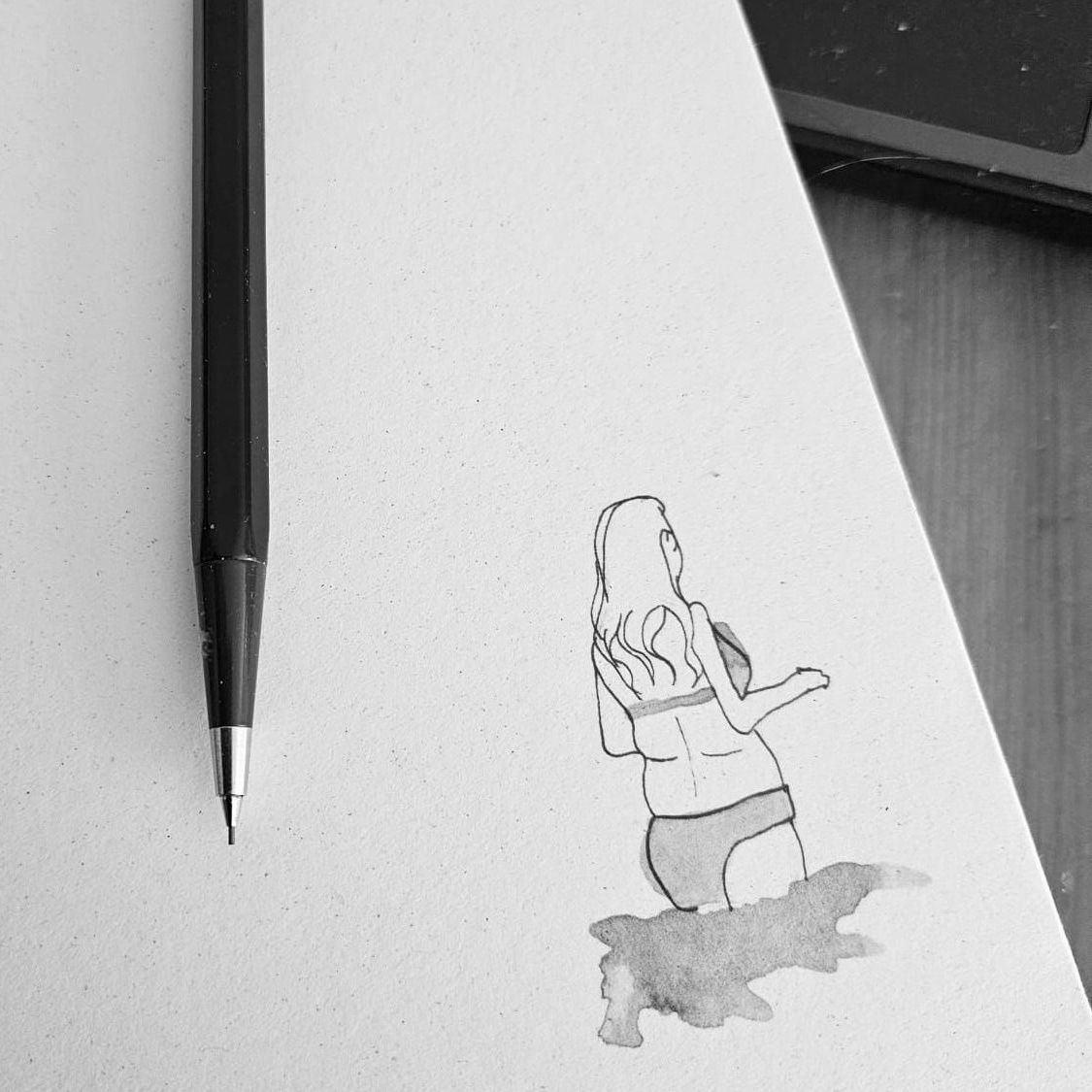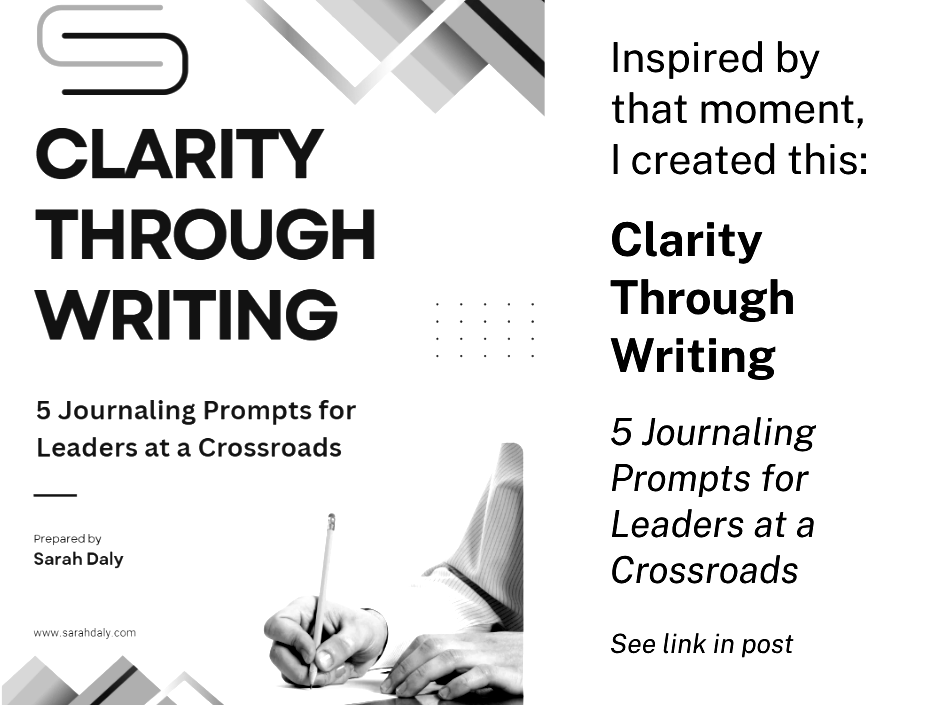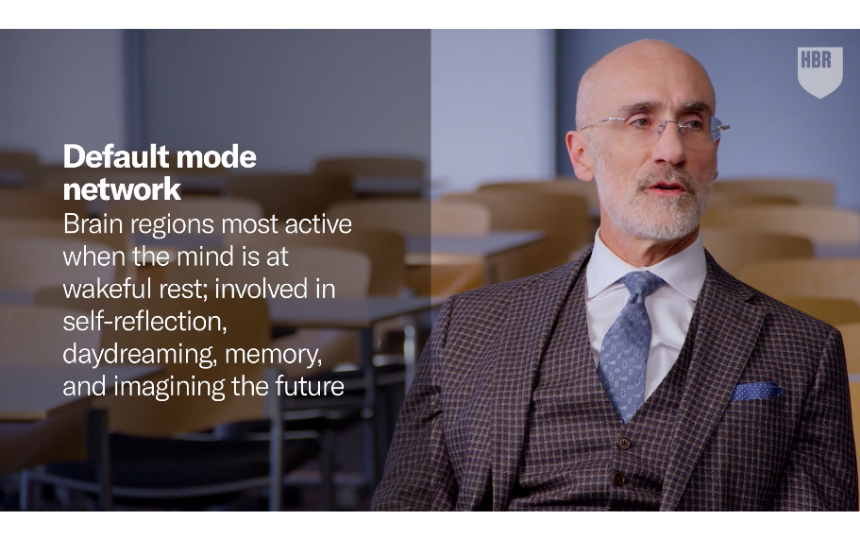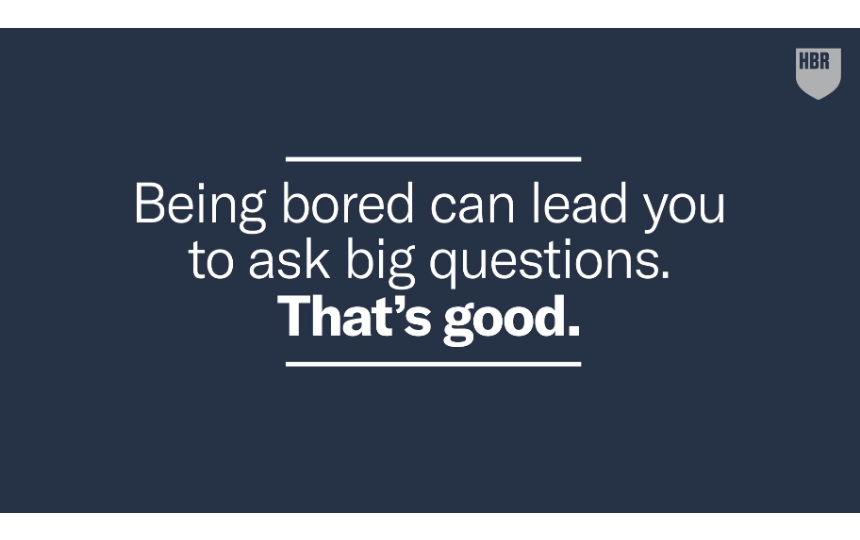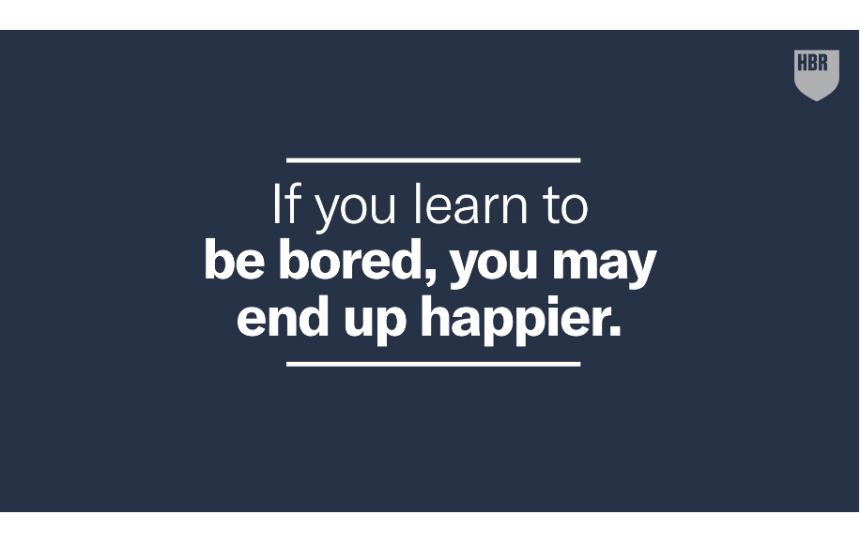You Need to Be Bored: Why I’m Putting My Phone Down, Even at Night
You Need to Be Bored: Why I’m Putting My Phone Down, Even at Night
By Sarah Daly | Business Consultant & Executive Coach
Reading Time: 2- 4 minutes
Arthur C. Brooks, Harvard professor and author of The Happiness Files: Insights on Work and Life, makes a compelling case for boredom as a skill, not a flaw. In his research and teachings, Brooks explains that boredom activates the brain’s default mode network, a system that helps us process meaning, purpose, and deeper existential questions.
Yet, in our hyper-connected world, we’ve nearly eliminated boredom. We reach for our phones at red lights, in queues, even during workouts. Brooks warns that this constant stimulation creates a “doom loop of meaning,” contributing to rising levels of anxiety, depression, and a sense of hollowness.
I hear what he’s saying. For the past three months, I’ve been walking without my phone, no podcasts, no messages, just space to think. Now, I’m taking the next step: not sleeping with my phone. I use two phones, one for business, one personal and only a limited number of people can reach me on the latter. It’s a boundary that protects my peace.
Brooks recommends simple but powerful protocols:
- No devices during meals
- No phone after 7pm
- Regular screen and social media fasts
These aren’t just productivity hacks, they’re practices for reclaiming meaning. As someone who coaches leaders on emotional intelligence and sustainable success, I see the value in cultivating boredom. It’s uncomfortable, yes. But it’s also where clarity lives.
So, here’s my challenge to you: try a walk without your phone. Sleep without it nearby. Let your mind wander. You might just find what you’ve been too busy to notice.
Reference:
Brooks, A. C. (2025, August 28). You need to be bored. Here’s why. Harvard Business Review. Retrieved August 28, 2025, from https://hbr.org/2025/08/you-need-to-be-bored-heres-why?ab=HP-hero-latest-1

.

